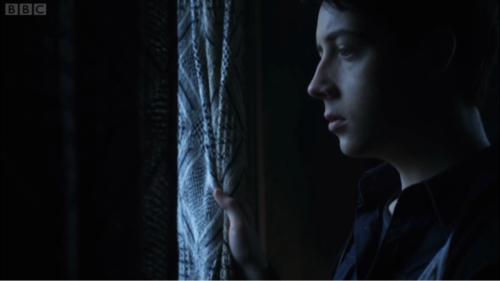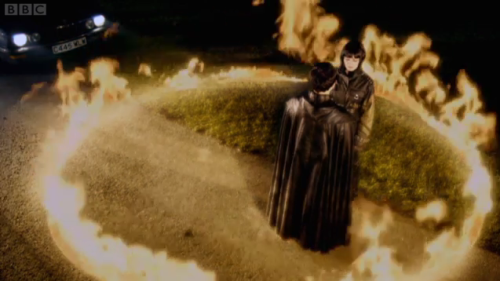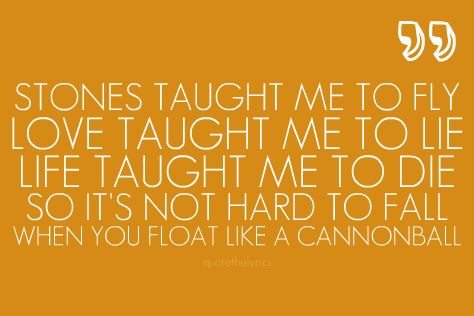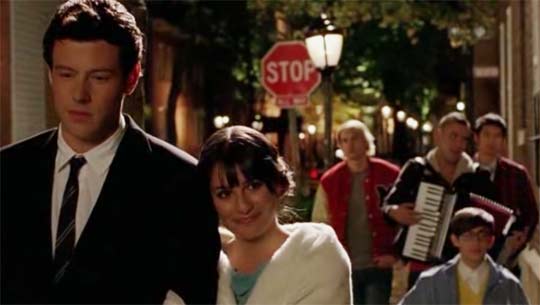Mr Cat Dog
Frasier says it best
- 11,344
- Posts
- 20
- Years
- Age 33
- London, UK
- Seen Sep 29, 2017
'What's that?' I hear you say? 'We want another Culture & Media Review Contest!' you cry out? Well, worry no more: your thirst will be quenched; your hunger, satisfied; and your fingers will bleed with joy after typing to their heart's content about the best that entertainment has to offer. That's right: it's time for another Review Contest, and just in time for Valentine's Day!
For those unfamiliar with how these have worked in the past, please check out the old threads here and here. As with the previous contests, the winner will receive a special emblem and a Supporter Tier; the participants will receive a participatory emblem, but no Supporter Tier.
The theme for this contest is that of love. To enter, simply write a review about a piece of entertainment (whether it be book, film, TV show, piece of music, theatre or poetry) that has something to do with love and/or romance. Certain people didn't seem to like the more stringent rules for the last contest, so I'm going in the opposite direction and opening it up a lot. Below are the rules, so read them carefully before entering.
For those unfamiliar with how these have worked in the past, please check out the old threads here and here. As with the previous contests, the winner will receive a special emblem and a Supporter Tier; the participants will receive a participatory emblem, but no Supporter Tier.
The theme for this contest is that of love. To enter, simply write a review about a piece of entertainment (whether it be book, film, TV show, piece of music, theatre or poetry) that has something to do with love and/or romance. Certain people didn't seem to like the more stringent rules for the last contest, so I'm going in the opposite direction and opening it up a lot. Below are the rules, so read them carefully before entering.
- Anyone can enter. Yay!
- All reviews should be written in English.
- Please spell-check your work and make sure your grammar is good.
- The theme of this contest is love. Please make sure your review mentions this theme in some way. (You don't have to review a traditional 'romantic' piece of entertainment, but as long as your review is connected to love, it'll be accepted for judging. Essentially, it's up to you how to construe 'love', so long as you do construe it in some way.)
- Post your entries in THIS THREAD. If you want to change it before the deadline, then just edit your post rather than making a new one.
- Reviews should be more than 500 words, but less than 1,500 words. (Good reviews aren't short, but they're often concise.) THIS WILL BE ENFORCED!
- This is a REVIEW contest, not a RECAP contest: a little bit of plot summary is nice and often necessary for bits of culture that involve narrative, but good reviews are analytical and yours should be too.
- Use paragraphs and avoid using extraneous formatting like underlining/bolding unless you think it is really justified.
- Extraneous information (pictures, a final rating, credits etc.) are not necessary but, if used well, can enhance your review. Think before using them, though… in particular, think about how your formatting will look on different PC styles.
- Proofread your work before submitting it, and don't be afraid to sleep on it before finally clicking 'Reply'.
- The contest will end at midnight UTC-0 on Tuesday 14th February, 2012! Winners will hopefully be announced a few days later.
- I will be the only judge this time, so no bribing me!














